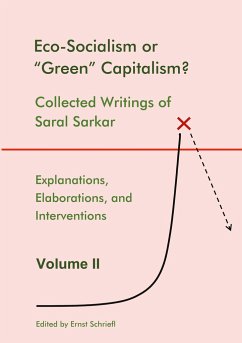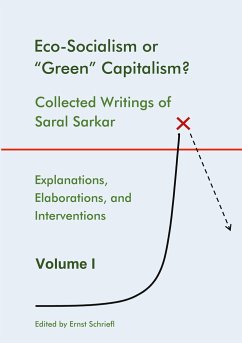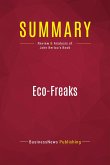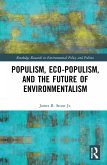As cities undergo vast changes due to industrialization, urbanization, and globalization, environmental considerations assume a growing importance in the urban planning processes of an increasing number of governments around the world. Several cities and regions around the world have already enacted policies that signal the emergence of a paradigm of sustainability in eco-cities planning. Providing an overview of urban ecosystem structure, function, and change, Eco-Cities: A Planning Guide addresses how to successfully accomplish eco-city planning that meets government requirements. It adds a new dimension to the understanding and application of the concept of urban sustainability, based on hypotheses about feedback between social and biogeophysical processes. Emphasizing integration, the first part of the book discusses various aspects of planning theory. It presents three innovative theories for socioeconomic models: a theory on the locational choices made by households and firms, an urban version of the stream continuum concept, and an application of metacommunity theory to the fragmented urban biota. These theories raise new urban planning questions and stimulate integrated modeling. The book also introduces urban planning modeling that uses existing social, vegetation, ecohydrological, and ecosystem service modules but is refined and operated for enhanced cross-disciplinary integration and prediction. The second part of the book consists of several case studies of Chinese eco-cities covering a majority of the urban development patterns that offer in-depth examples of planning practices currently in use. Drawing on experimentation, comparison, long-term measurement, and modeling, this fascinating guide helps readers better understand eco-cities and eco-landscapes as integrated, spatially extensive, complex adaptive systems. It lays a solid foundation for engagement between urban planners, researchers, educators, policy makers, and citizens as they work to adapt to changing environmental, social, and economic conditions.
Hinweis: Dieser Artikel kann nur an eine deutsche Lieferadresse ausgeliefert werden.
Hinweis: Dieser Artikel kann nur an eine deutsche Lieferadresse ausgeliefert werden.








